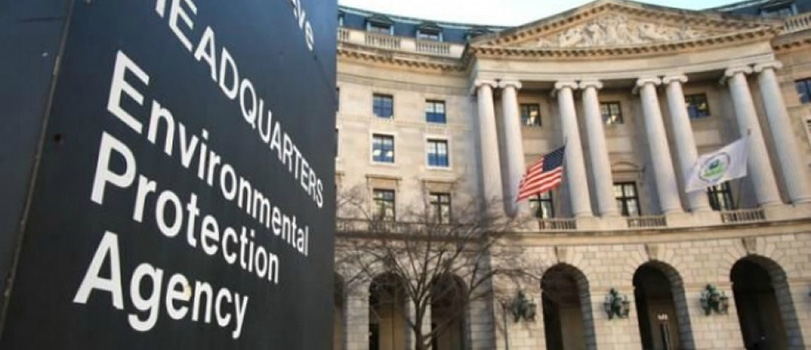EPA Promulgates Final Reporting Rule for PFAS Manufacture and Use

Importers of Finished Articles Made with PFAS Must Also Report
The U.S. Environmental Protection Agency (EPA) has issued a final rule that requires the reporting of extensive information on potentially thousands of per- and polyfluoroalkyl substances (PFAS) under the Toxic Substances Control Act (TSCA). It captures all PFAS compounds manufactured or imported into the U.S. between 2011 and 2022, as well as all PFAS-containing articles imported into the U.S. during this period. Thus, importers of paper products made with PFAS for grease resistance will be required to submit these reports, as will importers of polyolefins and other plastics in which PFAS is used as an extrusion aid not fully removed.
EPA estimates that the rule, which was promulgated by the Agency as a result of a congressional mandate included in the National Defense Authorization Act (NDAA) enacted for fiscal year 2020, covers at least 1,462 PFAS compounds and will cost industry $843 million to comply. The rule becomes effective on November 13, 2023, and includes a one-year “information collection” period and a six-month reporting period (November 12, 2024 to May 8, 2025); although certain small article importers will have 12 months to report the required data.
The information that manufacturers/importers are required to report to EPA, whether for PFAS compounds manufactured domestically or imported finished articles in which they are used as components, includes chemical identity, uses, volumes made and processed, byproducts, environmental and health effects, worker exposure, and disposal. The rule does not include a small business exemption or a de minimis threshold.
This is the first time that EPA has imposed a regulatory burden of this sort on imported finished articles whose producers may only be users of a targeted chemical substance, thereby bringing within its jurisdiction many companies not familiar with TSCA provisions or its civil and criminal penalty enforcement scheme. Although exemptions of some categories of products are included under TSCA (for example, food, drugs, and cosmetics, pesticides, and other products), and are applicable here as well, understanding the nuances and limits of these exemptions is critical to avoid unknowing missteps, which could lead to compliance issues.
Because the reports will be generally available to the public (sans confidential and trade secret information), there is also the chance that companies who fall within the reporting requirements could be caught up in a web of liability involving legal challenges seeking recovery for damages as well as state and local actions alleging land and ground water contamination.
The Federal Register notice announcing the final rule can be found here.
Revised October 19, 2023